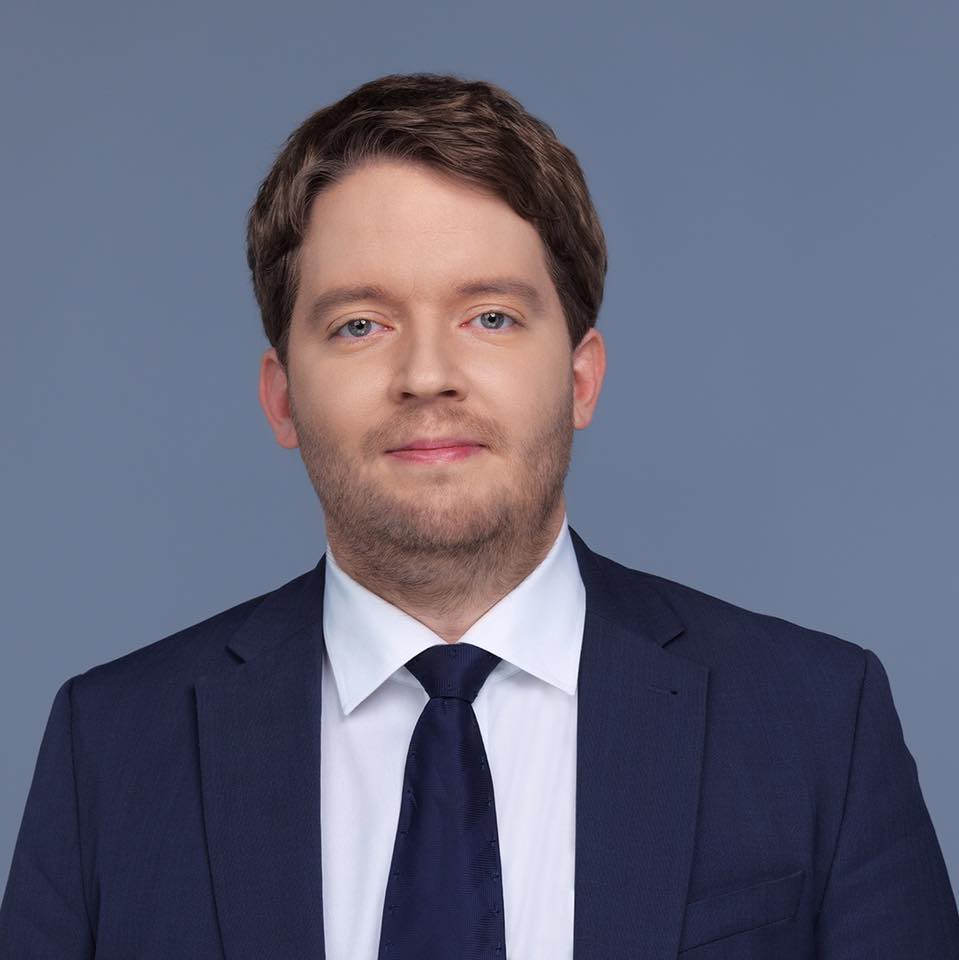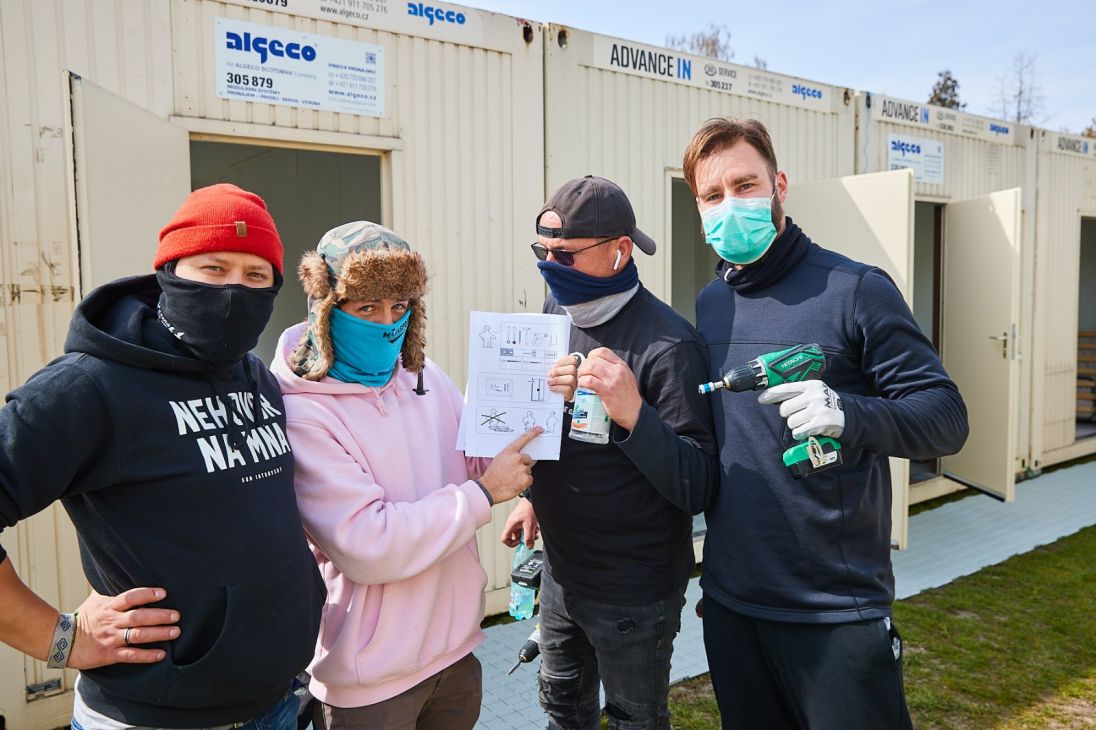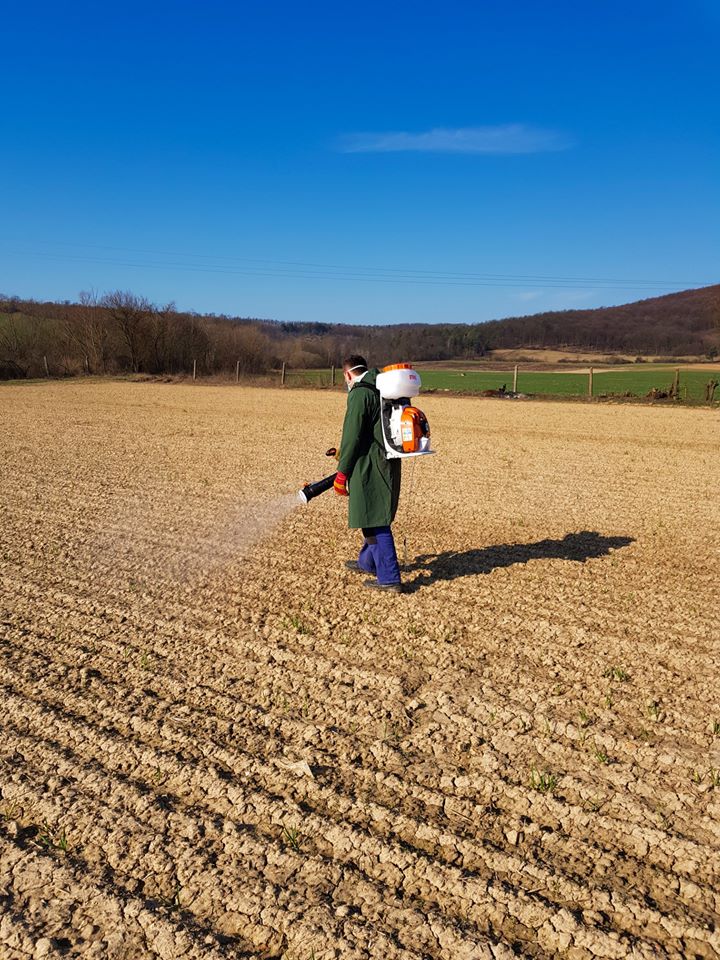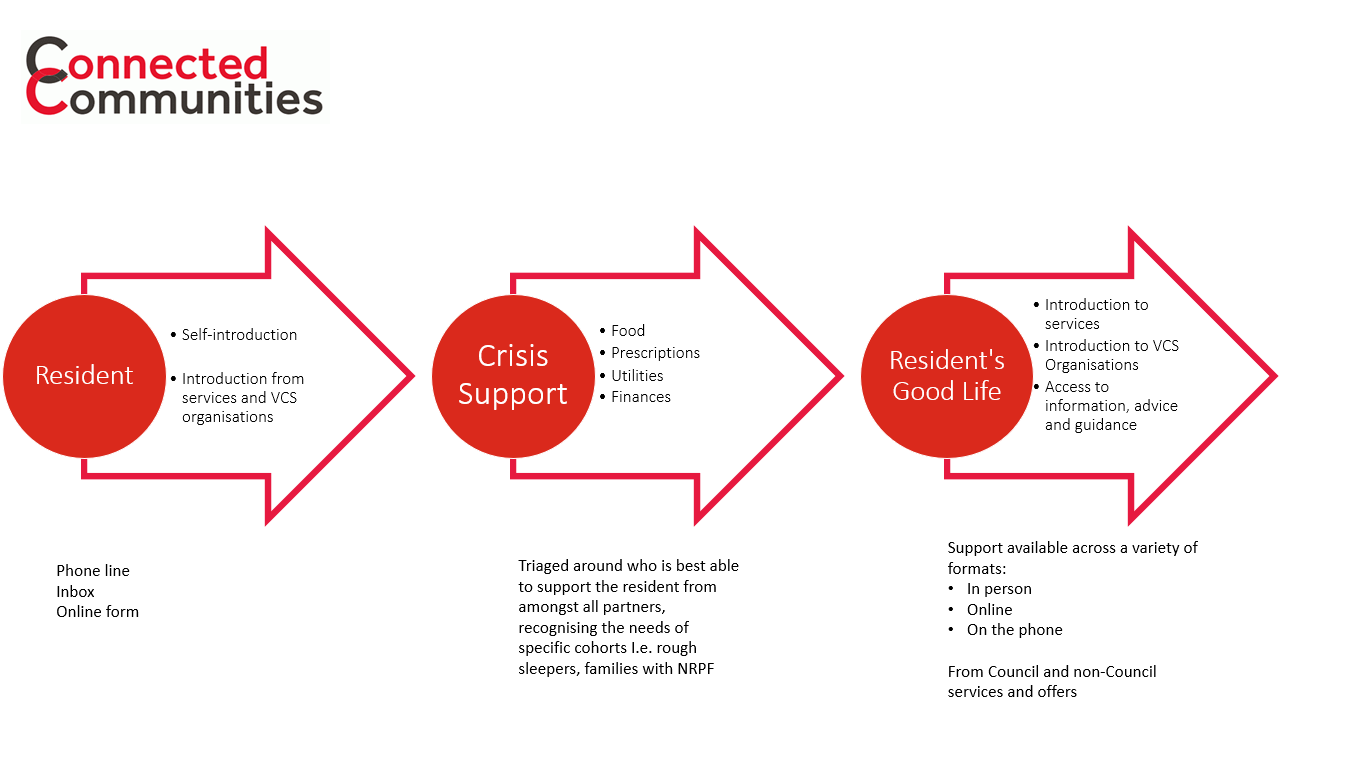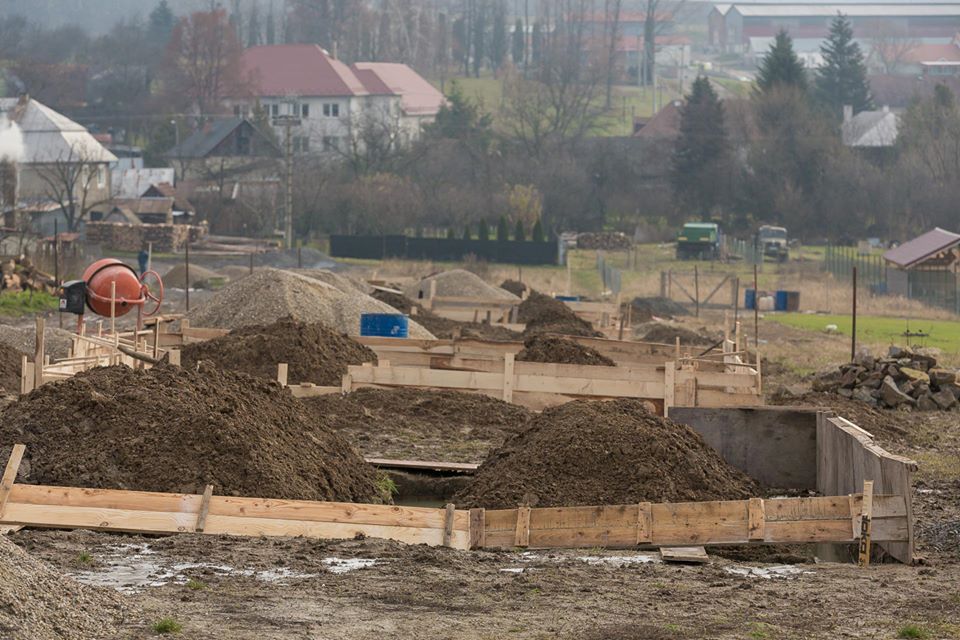
A housing project helps integrate marginalised Roma communities in a village, in a joint effort by families, the bank, and an NGO.
EXAMPLE VILLAGE RANKOVCE
Rankovce is a small village of approximately 900 inhabitants in Eastern Slovakia. Yet, it has become a prime example – not only within Slovakia but also abroad – of how to cope with the complex housing challenge faced by marginalised Roma communities. Often Roma people live in shacks with no running water or electricity.
BRICK HOUSING PROJECT
In 2013, the village launched a pilot project, which enabled Roma residents to build their own brick houses legally. Four actors cooperated to make this project happen: the village provided the available land, the non-profit Projekt DOM.ov coordinated the project, the bank provided an attractive micro-loan, and the families interested in legally building their own home became co-creators. To participate in the project, prospective residents save money for a year, with the support of the non-profit organisation, and pay a loan for the building material. After that, the village assigns them a building area and ensures the buildings are technically sound with the support of a construction teacher and coordinator.
RESPONSIBLE OWNERSHIP
The project represents a unique approach towards resolving the Roma housing issue in Slovakia, as well as across the EU. Similar projects from the past did not result in a workable solution, as they failed to engage with the Roma themselves. However, in this project, they played an integral role right from the start, indicating a strong potential for deepening the integration of Roma communities within broader society in Slovakia, or other countries. Future residents build their own houses – the sense of ownership that results from this process means that they take responsibility for their property. Furthermore, those involved developed personally; their social status in the community also improved, which gave them a sense of belonging. The cooperation helped overcome stereotypes held by both the marginalised group and the majority population. Thanks to this project, 28 Roma families are now legally part of the community.
Self-help housing is one of key innovations in the area of social housing. It allows people to get out of a slum by first learning how to handle finances, then use their savings to buy material, and then build their own houses. The end result is superb: not only are whole new streets built - such as in Rankovce - but also the clients turn their lives around.
I decided to support this project both from the position of plenipotentiary and as an activist. As a plenipotentiary, we provided funding and support for this project. As an activist, I tried to support the cause by lobbying, advocating and of course visiting on site.
